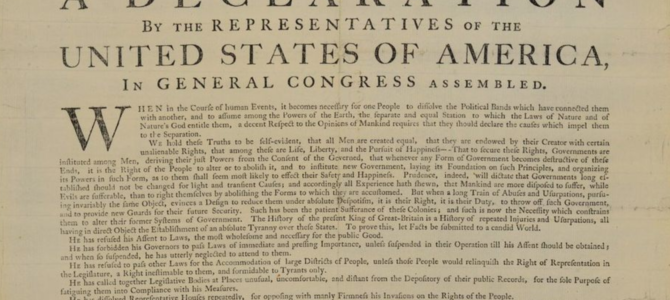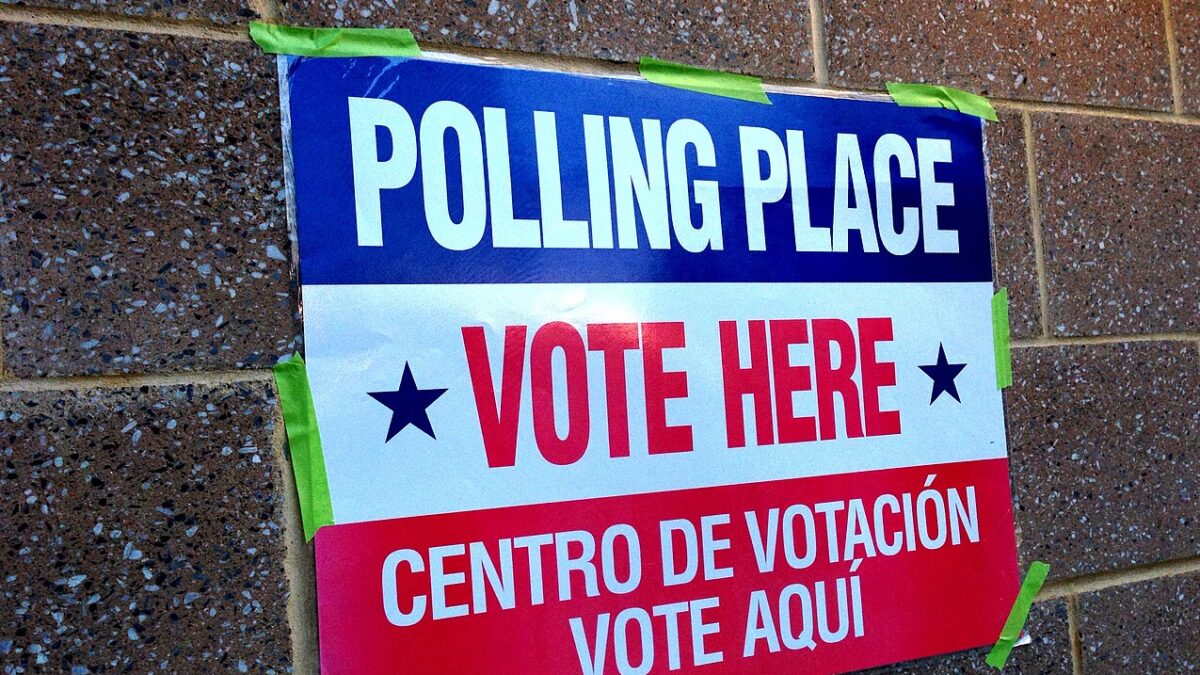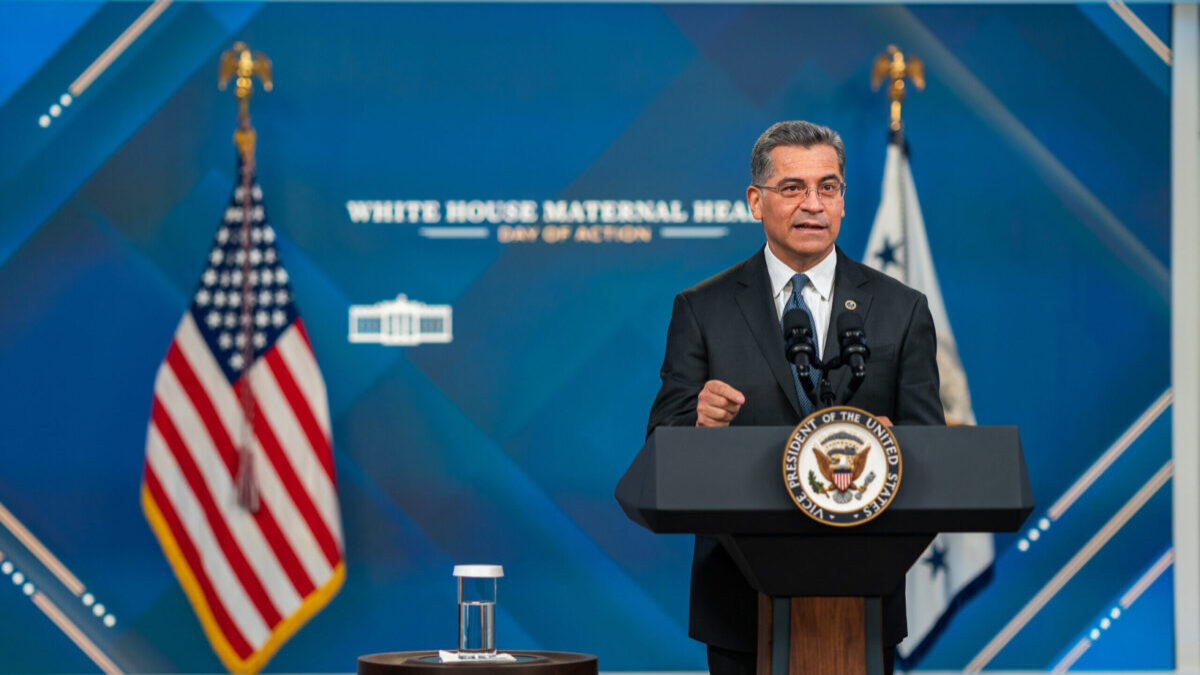
The Bob Woodson Center and Washington Examiner is offering an alternative to The New York Times and Pulitzer Center’s “1619 Project.” Theirs is aptly named “The 1776 Initiative.”
Responses to the 1619 Project are popping up everywhere. Countless conservative scholars have weighed in, both Civil War and founding-era historians have teamed up to cry foul, Hillsdale College is offering an online course to counter the narrative, the Heritage Foundation has compiled a trove of essays titled “1776: A Celebration of America,” and the National Association of Scholars has started a “1620 Project.”
The 1619 Project Is Infiltrating Institutions
Responses can’t come soon enough. Despite criticism, the 1619 Project is barreling ahead. The New York Times purchased ads that ran during the Super Bowl and the Democratic primary debates.
School districts all around the nation are accepting the free 1619 curriculum from the Pulitzer Center to use in classrooms. According to Pulitzer’s Annual Report, it has successfully brought the 1619 curriculum to 3,500 classrooms around the nation. The CEO of Chicago Public Schools has pledged to send every Chicago high school 200-400 copies of the 1619 Project as a supplemental resource.
Four other school districts, including Washington, D.C., have adopted the curriculum district-wide. In most cases, the districts using the 1619 Project are bypassing normal textbook and curriculum review processes, according to RealClearInvestigations.
1619 language and sentiments are also infiltrating our political and popular culture. In an early Democratic primary debate, former Texas Rep. Beto O’ Rourke said Americans should “mark the creation of this country not at the Fourth of July, 1776, but Aug. 20, 1619, when the first kidnapped African was brought to this country against his will.”
More recently, on Feb. 13, during a debate on the Equal Rights Amendment, House Majority Leader Steny Hoyer mischaracterized the Declaration of Independence in 1619 fashion when he stated, “Our founders declared ‘all men are created equal’ in their Declaration Of Independence. Surely, no founder, if they were writing that document today, would have said ‘men,’ when men meant white, property-owning men.”
Even more recently, Democrats in Virginia, Thomas Jefferson’s home state, changed the name of an annual dinner they host from Jefferson-Jackson Dinner to Blue Commonwealth Gala. Further, the media has embraced Nikole Hannah-Jones, organizer of the 1619 Project and author of the flagship essay. She has appeared on “The Daily Show,” “CBS This Morning,” “PBS Newshour,” and “The View.”
What Is the 1776 Initiative?
The 1776 Initiative is headed by Bob Woodson, a former civil rights activist, head of the National Urban League Department of Criminal Justice, and resident fellow at the American Enterprise Institute. The 1776 Initiative also has a plethora of well-known and respected contributors, such as syndicated columnist Clarence Page, Shelby Steele of the Hoover Institution, Glenn Loury, professor of economics and social science at Brown University, and many more.
The Woodson Center press release describes the contributors as a “consortium of top black academics, columnists, social service providers, business leaders and clergy from across America who are committed to telling the complete history of America and black Americans from 1776 to present.”
The project was announced Feb. 14 at the National Press Club and aims to “uphold our country’s authentic founding virtues and values and challenge those who assert America is forever defined by its past failures, such as slavery.” The initiative represents one of the largest coordinated efforts to challenge the 1619 Project and its attempts to “reframe the country’s history.” The 1776 Initiative authors are also seeking to combat the negative effects they believe the 1619 Project will have on future generations of African Americans.
The Washington Examiner announced the 1776 Initiative in honor of famous abolitionist Frederick Douglass’ birthday, saying the contributors share an aversion to the “infantilization of black America or the denial of blacks’ agency throughout their history” and a distaste for “pseudo scholarship” that reduces American history to a history of racism and that consigns black Americans to the permanent status of victim.
The 1776 Initiative is not a fact-checking endeavor. The group will leave that up to the numerous historians who have been writing to The New York Times such as Gordon S. Wood and Allen Guelzo. Instead, this initiative will be both inspirational, demonstrating the amazing successes African Americans have had in this nation, and aspirational, highlighting ideas for solutions to problems that still plague African American communities.
The 1776 Initiative Defends America’s Founding and Ideals
The primary thrust of the initiative is to counter the narrative that slavery is not just America’s original sin but also defines the nation’s foundational character. By reinforcing the idea that 1776 is the nation’s true founding, this new initiative reiterates that America was founded on the idea that “all men are created equal,” the very principle that eventually led to the abolition of slavery and created the freest nation on Earth. All essays within the 1776 Initiative can be read on the Washington Examiner’s website or at the Woodson Center’s website.
In the initiative’s flagship essay, “The Crucial Voice of ‘1776,’” Woodson writes that the 1619 Project is shaking the moral ground of the nation, threatening to tear it apart. He argues that the 1619 Project is the latest weapon of identity politics proponents, wielded to further racial divisions. The prizes to be won are entitlements and reparations.
Woodson blames the demise of black families today not on racism, but on the propagation of welfare, which detached work from income and thus led to a moral decline. He writes:
Prior to this time — even in the face of Jim Crow laws, legalized discrimination, and a lack of voting rights — the black community did not experience the wide-scale despair and destruction that we witness today. This is because, even in the face of great adversity, those earlier black communities had a Christian moral code of conduct, a conviction of self-determination and mutual assistance, and strong families and communities to fall back on.
In Clarence Page’s article titled “‘A dream as old as the American dream’: Embrace black patriotism over victimization,” he disputes the 1619 Project’s claim that America’s founding ideals were false because they did not immediately apply to everyone residing in the country at the time. He writes that the founders established a tradition of guaranteeing inalienable rights to some and the legal mechanisms to extend those equal protections to others, without, he notes, taking rights away from others. Page goes on to write, “We must disrupt the long-held stereotypes of black people as helpless bystanders in their own history.”
Although the field of responders is getting crowded, such a large volume is necessary and welcomed to combat the 1619 Project’s attack on America and its founding ideals.









